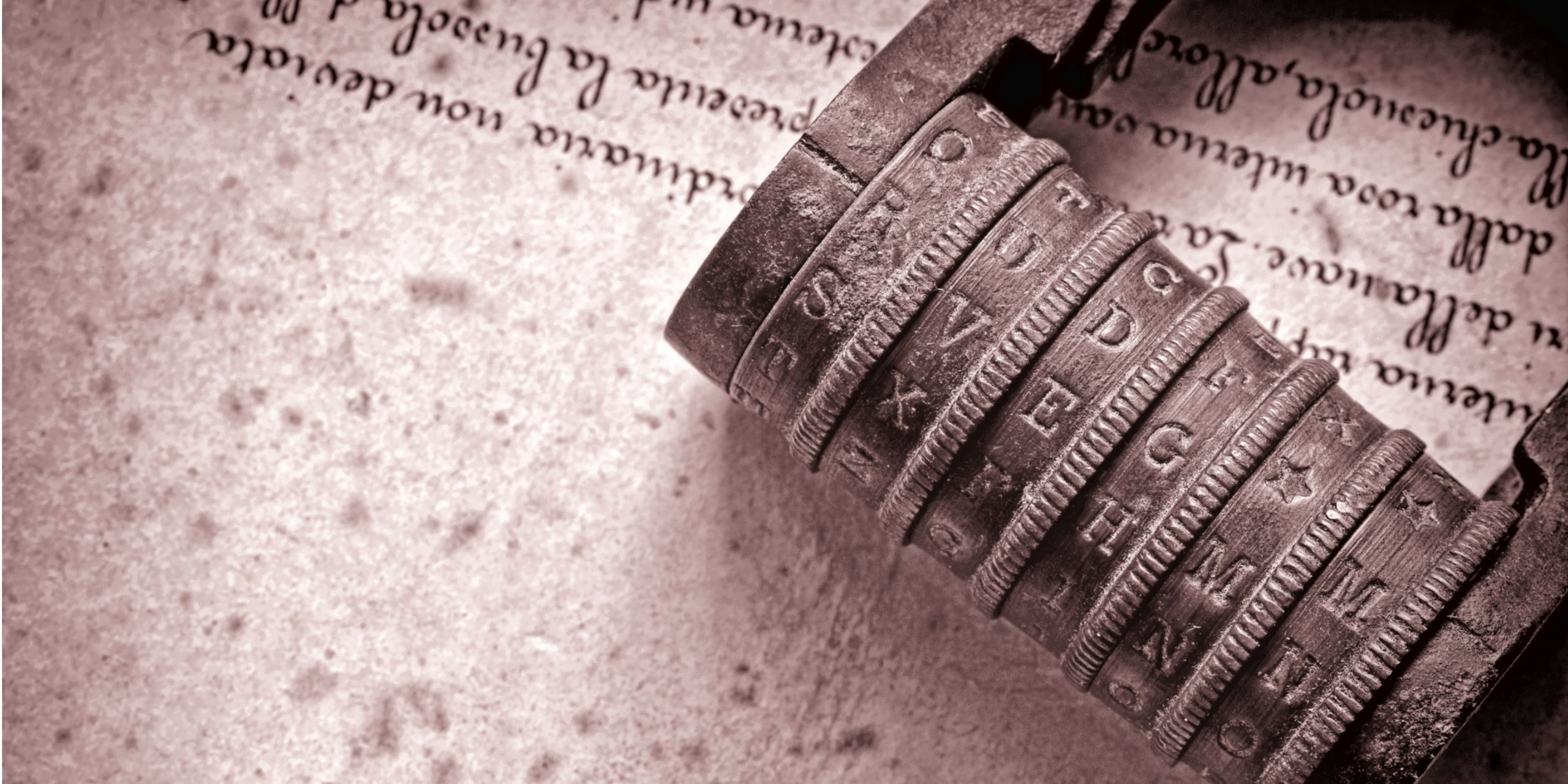Copyright @ 2025 Global Cyber Alliance | Sitemap

Imagine you’re a political reporter during an election cycle. It’s a stressful time though the finish line is in sight. Things are getting juicy in the campaign, though. The long shadow of a messy divorce is coming back to haunt one candidate, and it’s looking like they’re going to lose. Meanwhile, on an anonymous tip, you learn that the other candidate may have been redirecting campaign funds to pay for his yacht. You suspect the divorce hullabaloo might have been raised to distract from some pretty serious corruption.
At a press conference, you ask the allegedly embezzling candidate some pointed questions about the yacht. The politician snaps back, accusing you of having financial troubles too and claims you can’t report on the election objectively because of an affinity for his opponent. What he says is true, you have been having financial trouble, though you’ve gone out of your way to keep it private. You’ve never spoken out loud about it, even to your closest friends. There are just some documents you’ve had to exchange via email with a family member.
How could the politician have known? And if he knows about your financial troubles, does he know that you’re on to his corrupt dealings too?
If your email and documents had been encrypted, it would have been less likely that bad actors could have intercepted them. In order to keep your work and life discrete, it makes sense to encrypt everything.
In 2017, many American journalists were afraid that leaks of seemingly benign information could be used to intimidate people into revealing more information. When some political office holders called for state investigations of journalistic activity, everything they shared and communicated could have been subjected to scrutiny. Even newsrooms with encryption, though, need to stay vigilant from vulnerabilities like phishing, as happened to one British investigative outlet in 2019.
Encrypt your data, and use secure communications for an added layer of peace of mind. Check out the free tools and resources in GCA’s Cybersecurity Toolkit for Journalists to get you started.
The author, Julian Hayda, is the Craig Newmark Journalist Scholar at the Global Cyber Alliance. You can follow him on Twitter or connect with him on LinkedIn.

